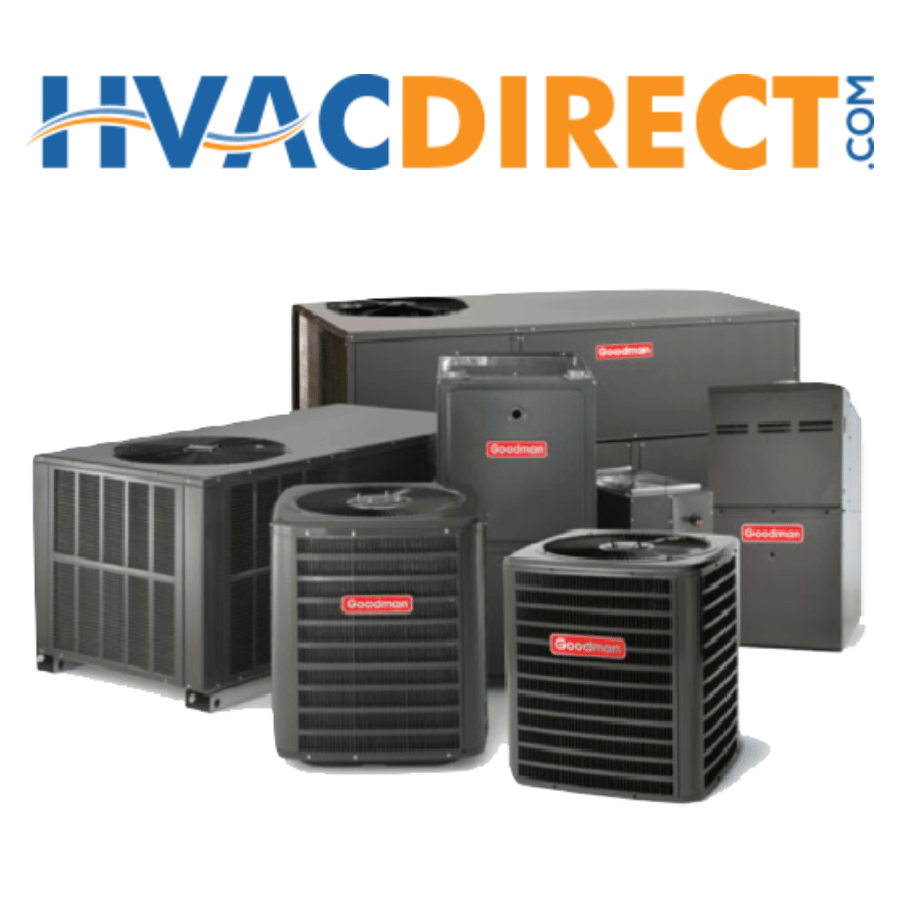Investing in new heating and cooling systems for your commercial facility in Central Indiana is a big investment. Knowing the life expectancy of a business HVAC unit is helpful in precisely planning and budgeting for this expenditure while maximizing the return on investment of your existing equipment.
Unfortunately, there isn’t a simple answer because various factors can influence the number of usable years a system can provide. We discuss the factors to consider when evaluating the lifespan of your business HVAC system and also about rtu services.
Commercial HVAC Units’ Life Expectancy
First and foremost, let’s clear the air on HVAC equipment service life. A fast Internet search can yield millions of results detailing how long your building’s heating and cooling system will last before it must be replaced. The truth is that there is no way to predict how long a system will remain operational.
While the life expectancy of a commercial heating and air conditioning unit can never be guaranteed, each equipment type has an estimate or average life expectancy. When considering additional factors that influence service life, the average life expectancy of a particular type of commercial HVAC system is a good place to start.
The American Society of Heating, Refrigerating, and Air-Conditioning Engineers is a trade association that sets standards for HVAC equipment and maintains a database with data on the life expectancy of commercial rooftop unit HVAC units by system type. The following are the average life expectancy for several types of commercial heating and cooling equipment, according to the Owning and Operating Cost Database:
- Commercial air-source heat pumps: 15 years
- Commercial water-to-air heat pumps: 15 years
- Single- and multi-zone rooftop air conditioners: 15 years
- Steel water-tube steam boilers: 24 years
- Steel fire-tube steam boilers: 25 years
- Cast iron steam boilers: 35 years
- Electric steam boilers: 15 years
- Gas or oil furnaces: 18 years
Factors Influencing HVAC System Maintenance Life
Two systems of the same make and model may have the same characteristics when they are first installed, but when they are installed in separate commercial locations, they have very different lifespan. The unit in one building may fail near the end of its estimated service life range, whereas the unit in the other may last much longer. This is because the system’s installation, preventative maintenance, and use over time all have a part in determining whether the system’s usable service life is reduced or extended.
Start with the average age listed above when determining the life expectancy of a commercial HVAC unit in your building and analyze how these main elements have likely impacted your system over time.
Installation Quality
Precision installation services are required for a commercial HVAC system to perform effectively. Errors in installation lead to system defects, which increase component wear and tear and cause the device to perform inefficiently. A licensed, qualified commercial heating and cooling specialist should always install commercial HVAC equipment.
Maintenance and Care
To keep commercial heating and cooling equipment in good operating order, it must be serviced on a regular basis. Failure to execute routine maintenance services on a building’s comfort system can drastically reduce a commercial HVAC unit’s life expectancy. Poor maintenance causes wear and tear on components, lowers system energy efficiency, and puts equipment under excessive stress, causing parts or the entire unit to fail sooner than intended.
Conditions of Use & Operation
The way you use a system has a big impact on how long it lasts. Over the same time, a unit that operates continuously will undergo more wear and tear than one that is utilized seldom. Building size, occupancy, company operations, production activities, climate conditions, and other factors all influence how a building’s HVAC system is used.
During a normal year, the temperature and location of the building influence which systems are used the most. During operation, direct sunlight on outside components might cause stress. In dry, arid environments, equipment collects more dust, while HVAC systems in high-humidity zones are burdened with de-humidification needs. The use of the heating or cooling unit is affected by whether indoor air quality equipment was used in conjunction with the commercial HVAC system. The life expectancy of a business HVAC unit is also affected by external stressors that cause wear and tear.
When Should You Begin Looking for Replacement Options?
You may estimate when your system will need to be replaced based on the average life expectancy of a commercial HVAC unit, modified for the factors unique to your facility. Nothing is definite, so it’s a good idea to start planning for or replace your HVAC equipment as soon as these points apply to your system:
- The unit’s current service life is approaching that of a commercial HVAC unit of its type.
- Malfunctions are common, necessitating commercial HVAC repairs.
- Evidence of wear and tear, as well as damage such as rust or corrosion.
- R-22 refrigerant and single-speed motors are old and inefficient technologies.
- Inability to meet existing heating and cooling demand or maintain the building comfortable.
- Unexpected increases in energy costs.



No Comments
Be the first to start a conversation